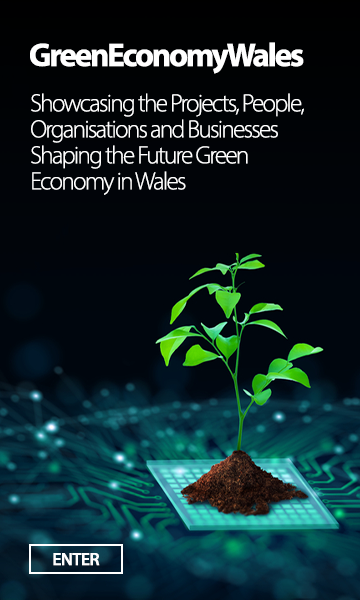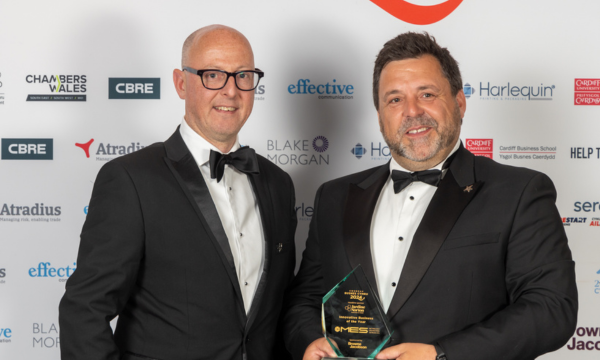The Coronavirus pandemic has undoubtedly catalysed one of the most rapid transformations in many people’s working lives for decades. UK data suggests that while 5% of workers worked from home prior to March 2020, this increased to approximately 43% at the beginning of the first lockdown in 2020.
The same study suggests that around half of employees who worked at home during lockdown would like to continue to do so often or all of the time. In contemplating the possible return to office working many employees and employers will therefore be asking themselves, ‘what does the office offer that home working can’t?’. Given that recent research by the Wales Centre for Public Policy (WCPP) shows that remote working does not appear to have damaged productivity in the short-term, a compelling answer to this question is needed to justify the cost and time investment that office working requires, often on the part of both employers and employees.
Though it was designed and largely built prior to the onset of the pandemic, the creation of SPARK – ‘the world’s first social science research park’ – which will become the WCPP’s physical ‘home’ in late 2021, challenges us to think through our own answers to this question. The ambitions for SPARK are very much aligned with the WCPP’s mission, which is to improve policy making and public services by supporting ministers and public service leaders to access and apply rigorous independent evidence about what works. They also reflect the Cardiff Business School’s public value research mission and the work of the International Public Policy Observatory, both of which we support and contribute to. At the heart of all of these endeavours, and the fundamental benefit that SPARK will provide over and above remote working, is the attempt to promote even greater collaboration, among research centres in the University and between them and evidence users in business, government, NGOs and other sectors to enable solution-oriented research focused on tackling the key challenges facing Wales and the wider world.
In SPARK, for the first time, the WCPP will be co-located with many of our key research and academic partners, including CASCADE, DECIPHer, WISERD, Y Lab, the Centre for Innovation Policy Research, and the Welsh Economic Research Unit. We regularly work with colleagues in these and other research centres to advise the Welsh Government and public service leaders.
We anticipate that being in the same building will facilitate even better partnership-working, making it easier to share ideas and develop joint initiatives as well as creating serendipitous encounters with each other in the many ‘bumping spaces’ that are designed into SPARK. While remote working (assuming decent internet connection) has enabled us to continue to work effectively through the pandemic, virtual meetings risk becoming transactional and task focused. We know that physical proximity increases likelihood of spontaneous conversations, which generate new ideas and creative connections. It will also give myself and colleagues at WCPP a better sense of the broad range of research interests across the multiple disciplines in SPARK and beyond who we can work with to ‘mobilise’ their research into policy making and public services in Wales across the whole range of policy areas that we work on. Increased in-person contact – with individuals and organisations who have a shared commitment to evidence informed policy and practice – will be important for increasing productivity and enabling innovation, enabling cross-centre research proposals and making it easier for us to have a joined up dialogue with external stakeholders about their priorities and evidence needs.
SPARK will be home to around 400 colleagues from across the public, private and third sectors, with expected footfall on site from external visitors in the thousands every year. This will help the WCPP to continue to build and maintain strong working relationships beyond academia. Our research is ‘demand-led’ which means that we seek to respond to the evidence needs of policy makers and practitioners, but also to help shape and inform those needs. The physical and social design of SPARK actively encourages and enables us to connect research to practice and policy in this way, and will, we hope, help us to build on the trust and mutual understanding that is needed to make sure our research is useful and relevant for practitioners and policy makers. The accessibility of a 190-capacity event space will, for example, make it possible for us to convene discussions and debate about key policy and practice issues in Wales.
For a research centre like ours, whose mission and practice depends on relationship building with diverse actors and understanding the challenges facing policy makers, SPARK offers so much more than our previous office space could provide and gives us a powerful incentive to blend remote working with time spent on campus.





















